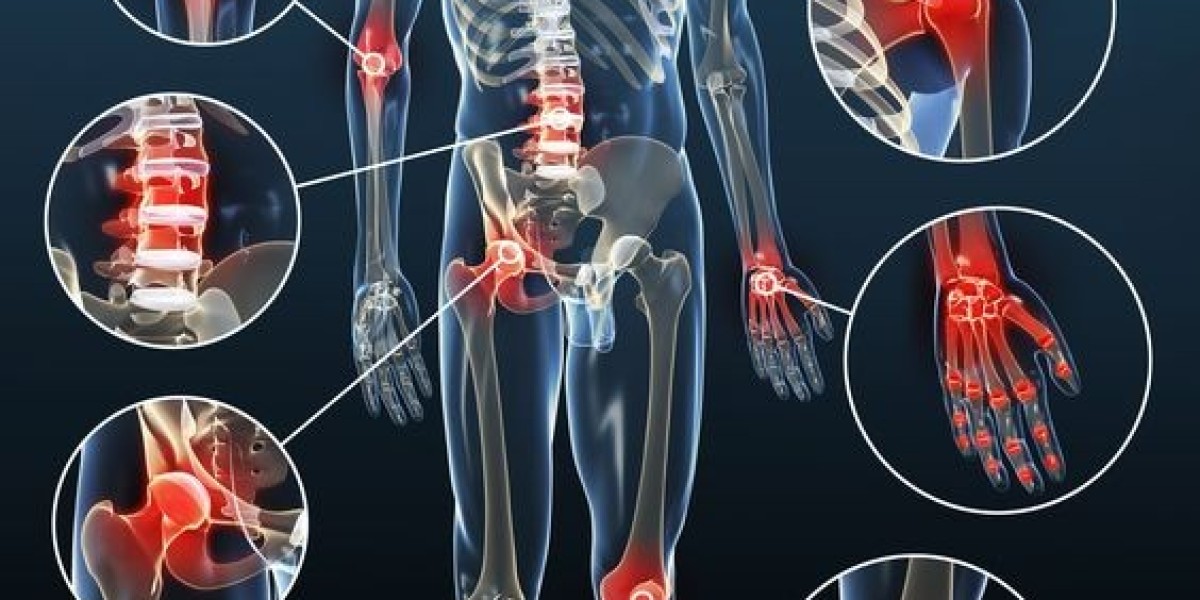Neuropathic pain can be debilitating, affecting millions of individuals worldwide. It stems from damage or dysfunction in the nervous system, leading to chronic pain that can severely impact quality of life. At [Your Company Name], we understand the challenges individuals face when dealing with neuropathic pain, and we're committed to providing expert strategies for effective relief.
Understanding Neuropathic Pain
Neuropathic pain arises from various conditions, including diabetic neuropathy, post-herpetic neuralgia, and nerve compression injuries. Unlike nociceptive pain, which results from tissue damage, neuropathic pain originates from abnormal processing of sensory input by the nervous system.
Causes and Symptoms
Common causes of neuropathic pain include diabetes, viral infections such as herpes zoster (shingles), autoimmune diseases, and traumatic injuries. Symptoms may manifest as burning, stabbing, or shooting pain, tingling sensations, numbness, and hypersensitivity to touch.
Comprehensive Treatment Approaches
Managing neuropathic pain requires a multifaceted approach tailored to the individual's needs. While complete eradication of pain may not always be feasible, significant relief can be achieved through [holistic] strategies.
Pregabalin 75 mg Capsules fall under the category of drugs referred to as anticonvulsants. The principal indications for the use of this capsule medication are the prevention and treatment of neuralgia (pain caused by injured or irritated nerves), fibromyalgia (musculoskeletal pain), epilepsy (seizures), and neuropathic pain. Neuropathy, an enduring form of nerve pain, is frequently precipitated by nerve damage resulting from pathologies such as spinal cord injuries, diabetes, shingles (a viral infection characterized by a severe rash), or trauma to body tissues including muscles and joints.
Medication Management
Pharmacotherapy forms the cornerstone of neuropathic pain management. [Your Company Name] offers a range of medications targeting different aspects of pain transmission, including anticonvulsants, antidepressants, topical agents, and opioids. These medications work by modulating neurotransmitters, stabilizing nerve membranes, or altering pain perception.
Physical Therapy and Rehabilitation
Physical therapy plays a crucial role in improving function and reducing pain in individuals with neuropathic conditions. Techniques such as exercise therapy, manual therapy, and modalities like transcutaneous electrical nerve stimulation (TENS) can help alleviate symptoms and enhance mobility.
Lifestyle Modifications
Adopting [healthy] lifestyle habits can complement medical interventions and promote overall well-being. This includes maintaining a balanced diet, engaging in regular exercise, managing stress through relaxation techniques, and ensuring adequate sleep hygiene. [Your Company Name] provides personalized guidance on lifestyle modifications to optimize pain management outcomes.
Alternative Therapies
In addition to conventional treatments, alternative therapies may offer supplementary benefits for neuropathic pain relief. These include acupuncture, chiropractic care, herbal supplements, and mindfulness-based practices like yoga and meditation. While scientific evidence supporting these modalities varies, many individuals find them beneficial in conjunction with traditional approaches.
This medicine, Pregalin 50 Capsule, eases the pain of nerve damage (neuropathic pain) caused by diabetes, shingles (herpes zoster infection), spinal cord injury, or other diseases. Additionally, it is utilized to address widespread joint pain and stiffness in people who have fibromyalgia.
Innovative Interventions
Advancements in medical technology have led to the development of innovative interventions for neuropathic pain. [Your Company Name] stays at the forefront of these advancements, offering cutting-edge treatments to improve patient outcomes.
Neuromodulation
Neuromodulation techniques, such as spinal cord stimulation (SCS) and peripheral nerve stimulation (PNS), deliver electrical impulses to targeted nerves, disrupting pain signals and providing relief. These minimally invasive procedures are effective for refractory neuropathic pain that is unresponsive to conservative therapies.
Regenerative Medicine
Regenerative therapies harness the body's natural healing mechanisms to repair damaged tissues and restore function. Stem cell therapy, platelet-rich plasma (PRP) injections, and nerve blocks show promise in alleviating neuropathic pain by promoting tissue regeneration and reducing inflammation.
Psychosocial Support
Managing neuropathic pain extends beyond physical symptoms to encompass psychological and emotional well-being. [Your Company Name] offers comprehensive psychosocial support services, including counseling, support groups, and cognitive-behavioral therapy (CBT), to address the emotional impact of chronic pain and enhance coping strategies.
Conclusion
Neuropathic pain presents complex challenges, but with [Your Company Name]'s expert strategies and comprehensive approach to pain management, relief is within reach. Our commitment to innovation, personalized care, and holistic interventions ensures that individuals living with neuropathic conditions can regain control and lead fulfilling lives.



